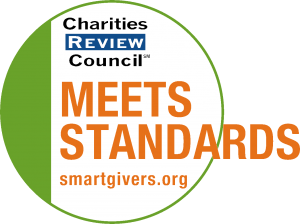Mission Statement
McLeod Food Shelf works to eliminate hunger and food-insecurity as well as improve the health and well-being of our community through equitable access to healthy & nutritious foods, community education, and advocacy.
Impact and Programs
Accomplishments
In 2022, McLeod Food Shelf distributed nearly 592,000 pounds of food across the service area, impacting 26,231 duplicated individuals. An average of 23 pounds of food was provided per person per service, equating to six (6) days of food.
Current Goals
McLeod Food Shelf will continue implementing respectful, effective, and efficient avenues of food procurement and distribution. Efforts to do so include the detailed organization of food rescue and in-house as well as mobile outreach distribution methods. All shoppers participate in client-choice shopping where shelves are stocked in accordance with SuperShelf standards. All programming intentionally aligns with the Mission, Vision, and Guiding Principles statements. The years strategic goals include increasing the donor base and donations, community partnerships, and expanding the reach of the mobile outreach program.
Community or Constituency Served
McLeod Food Shelf serves any individual in and/or near McLeod County, MN who is currently facing food insecurity or a crisis situation that impacts their ability to provide adequate food for their household.
Geographic Area Served
McLeod Food Shelf has two brick and mortar distribution locations, Glencoe and Hutchinson, as well as a mobile outreach vehicle that directly serves the communities of Brownton, Stewart, Winsted, Lester Prairie, Silver Lake, and Plato. Grocery distributions are available to those who appear in person as well as to those who appear by proxy.
